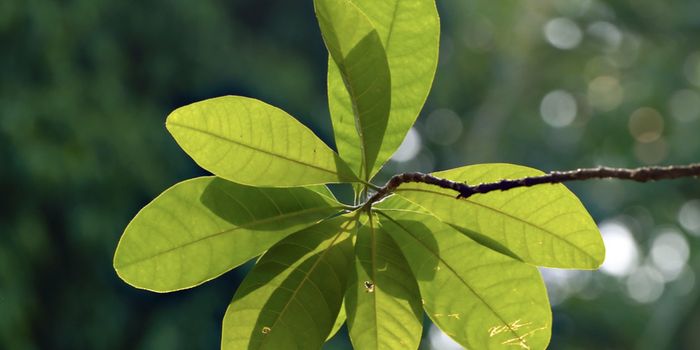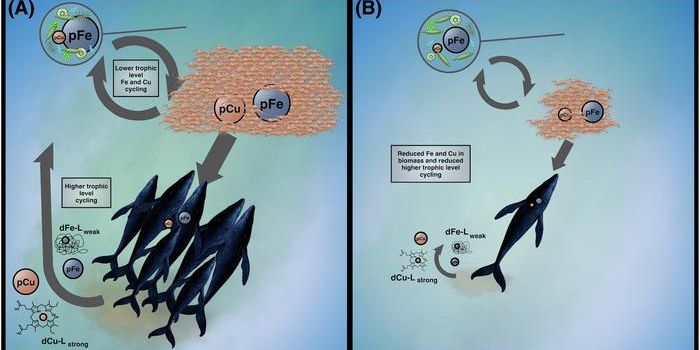Tropical Birds May Live Longer Than Their Temperate Counterparts
New research published in the journal The Auk: Ornithological Advances this week by a team of international researchers suggests that the latitudinal positioning of a bird’s natural habitat could have an impact on its life expectancy.
Notably, passerine birds living closer to the equator have a higher lifespan than those residing farther North or South of the equator. Consequently, the results underscore how they thrive in tropical environments more-so than temperate ones.
Image Credit: Pixabay
To try and explain this peculiar phenomenon, the researchers carefully analyzed various potential contributing factors such as clutch sizes and juvenile survival rates concerning birds from different latitudinal environments.
Their research validated known consistencies in smaller clutch sizes and higher juvenile survival rates in some tropical-based birds, but this still didn’t provide any insight into their longer life expectancies compared to their temperate counterparts.
Related: Some birds sleep while flying
Given the limited circumstances, the researchers opted to dig deeper. They started investigating differences in juvenile and adult survival rates in parts of the Amazon rainforest and later moved on to more than a dozen temperate locations ranging in latitude from Peru to Alaska. In total, they analyzed more than 175 different species.
"It became clear that, on average, forest passerines tend to live longer in tropical than in temperate regions," said study co-author Gonçalo Ferraz from the Federal University of Rio Grande do Sul, Brazil.
Related: There could be twice as many bird species out there than initially thought
As it would seem, their persistence paid off. Despite the challenges associated with determining a bird’s age, the team confirmed latitudinal impacts on life expectancy in practically every species studied. Furthermore, these same trends existed in same or alike species found in different climates, which was enough to raise some eyebrows.
Admittedly, the researchers still don’t have a solid explanation for why tropical birds live longer than those in temperate habitats, but it’s a start, and follow-up studies can pick up where this one left off.
By better understanding these trends, conservationists can plan for future programs that could protect bird species as their numbers start dwindling.
Source: Science Daily









